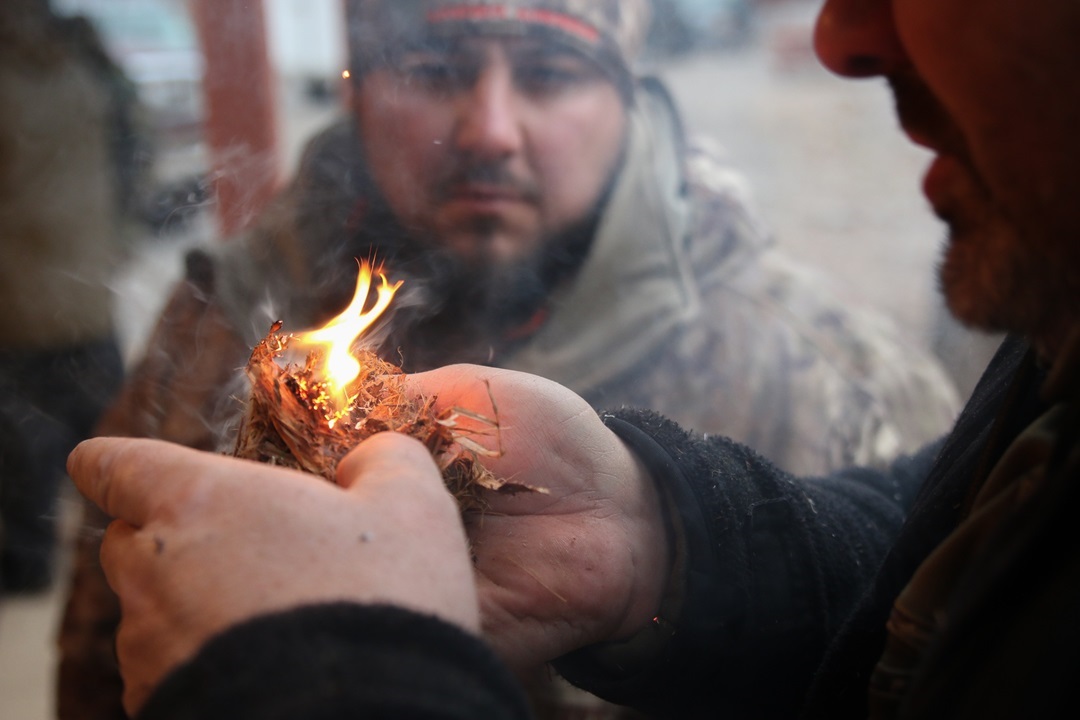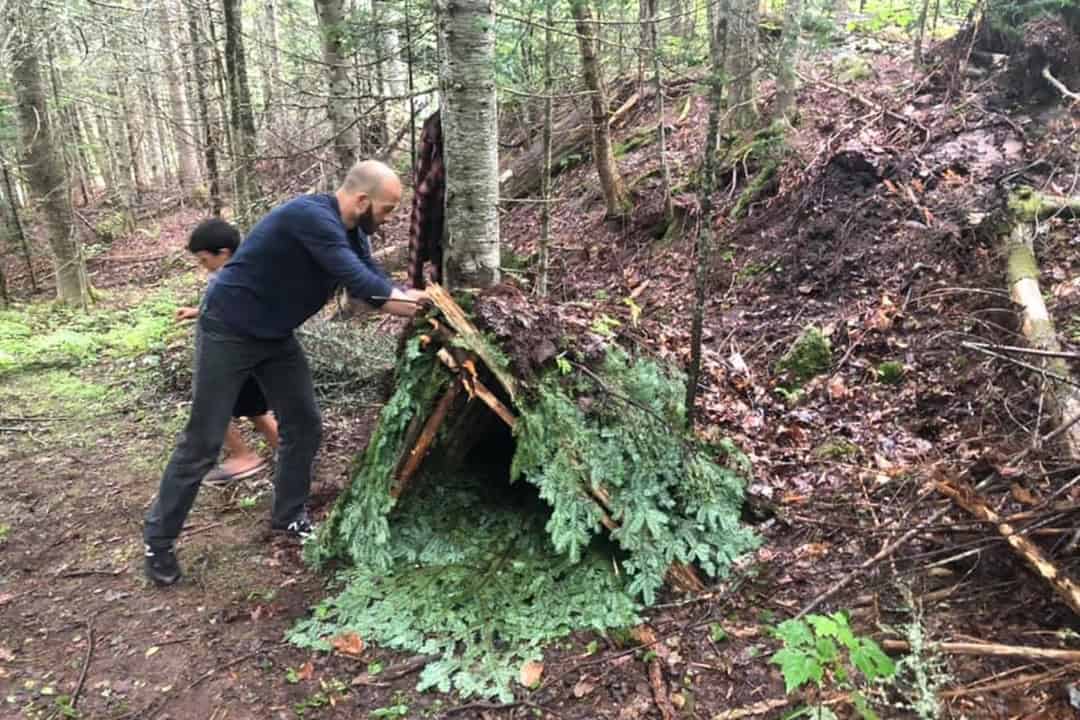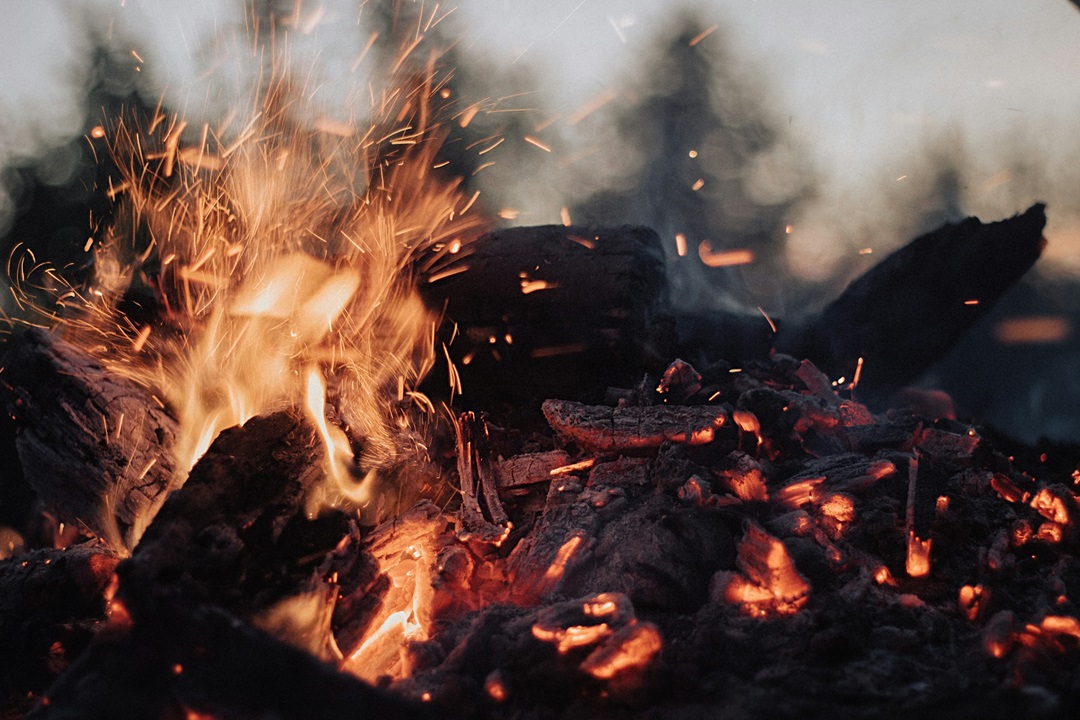Bushcraft. Now there’s a term you don’t hear every day. In fact, prior to signing up to write this article, I’m pretty sure I’d never heard it.
Thus, my interest piqued, I did what every good journalist does when faced with such a mystery – I asked Wikipedia. “Bushcraft is the use and practice of skills needed to survive and thrive in a natural environment. Bushcraft skills provide for the basic physiological necessities for human life.”
In other words, wilderness survival and primitive camping skills. Also known as outdoor survival skills. Copy that.
But what seems a pretty straightforward topic is anything but when you consider that being an expert in bushcraft involves the gradual development of a knowledge base through understanding and experience – successful experience, not the trial-and-error kind. (Trial and error often doesn’t pan out well for those dealing with dire situations.)
Put another way, bushcraft involves life skills. Not life skills as in how to do well in a job interview or get a pretty girl to go out with you (still working on that one). No, these are Life skills with a capital “L.” Skills that will keep you alive, like how to trap animals and forage food; where to find water and how to purify it; how to build a shelter and start a fire with only what you have on hand; and how to navigate in an unmarked and foreign environment.
For us everyday campers who might not be exploring the Amazon, bushcraft can be viewed as a set of skills that come in handy when the shit hits the fan: When the tent rips beyond repair and there’s a storm blowing in. When the water filter fails and you’re miles away from a faucet. When Mother Nature does her Midwest thing and the temperature drops 50 degrees in a matter of hours.
So, where does one learn these life-saving (or at least life-bettering) skills? How are these outdoor survival skills acquired and honed? We’ve located a number of regional bushcraft programs and collected them below, highlighting their core content and approach. But, as mentioned above, these courses are just the beginning. Bushcraft is a lifelong practice.
That is, depending on how many “errors” you make along the way.
American Survival Company – Hindsville, Arkansas
If you’re a fan of the Netflix series “Snowflake Mountain,” in which a gang of ill-equipped people are dragged out into the wilderness and forced to fend for themselves, then you’ll recognize the name Matt Tate. The combat veteran and certified bushcraft instructor co-hosted the show, and you can benefit from his expertise as well at War Eagle Base Camp in northwest Arkansas. Tate and his staff lead hands-on courses ranging from edible and medicinal plant walks (two hours), to knot and fire workshops (half day), to navigation skills (one day), to primitive trapping (two days), and even wilderness weekends and adventures. They also provide instruction and training for survival in emergency situations, for individuals and groups. americansurvivalco.com

American Survival Company didn’t start the fire. Okay, yeah they did. (American Survival)
Ancient Wisdom Survival School – Nevada, Missouri
Based out of Nevada, Missouri, this bushcraft school focuses on techniques developed and used by local Native American tribes, primarily the Osage. Owner Tony Pike and his crew teach time-honored methods of firecrafting, primitive bow and arrow building, foraging, and stone shaping and pecking to create bowls, oil lamps, tools, and sculptures. The school’s six-day Desert Survival Adventure (held periodically) brings everything together and also teaches hand-weaving grass blankets, locating water sources, primitive clay working, navigating the landscape, and nature education and appreciation, in addition to standard outdoor survival skills. facebook.com/AncientWisdomSurvivalSchool/
Blackthorn-USA – Randolph, Kansas
With a focus on preparedness, Blackthorn operates its outdoor adventure school on a 430-acre training site in the Flint Hills of Kansas. It specializes in adaptation and survival in wilderness, rural, and even urban settings, including sheltering in place and disaster scenarios. No boring lectures, no classroom monotony – its courses are taught live and in the field. In addition to workshops covering everything from basic bushcraft and outdoor survival skills to practical off-grid living, it offers a three-day Wilderness Skills Camp where attendees will learn shelter building, fire making, water purification, foraging, trapping, and more. For those wanting to go all in, Blackthorn also offers a 90-day Wilderness Immersion Program tailored to meet the needs of professional guides, bushcraft and survival instructors, and hardcore adventurers. blackthorn-usa.com

Learning shelter building at Blackthorn. This could be you one day. (Blackthorn-USA)
First Earth Wilderness School – Rogersville, Missouri
Naturalist/primitive outdoor survival skills instructor Bo Brown has been teaching courses on bushcraft since the early 1990s. First Earth’s focus is on maintaining balance with the Earth, making minimal impact, and preserving the environment. Along with workshops (Basic Skills Weekend, Advanced Skills/Primitive Living Course) that cover outdoor survival skills such as friction fire, cordage, basic stone tool construction, traps, water procurement and treatment, shelter, and more, Brown also offers educational programs for groups and organizations, as well as guided hikes in and around the Missouri Ozarks. As the author of “Foraging the Ozarks” and “Foraging Central Grasslands” from Falcon Guides, Brown knows whereof he speaks when it comes to finding sustenance in a wilderness environment. firstearth.org
Sigma 3 Survival School – Reed Spring, Missouri
One of Sigma 3’s core principles is, “The more you know, the less you carry.” Built on a combination of military training and the “Old Ways” of our ancestors, this school’s primary focus is on primitive outdoor survival skills based on the least amount of equipment required. Courses include the five-day Survival Standard (covering all the most relevant aspects of the short-term primitive survival skills necessary in any environment), the seven-day SERE (teaching tactical evasions and escape), and the 45-day Survival Instructor Course (all courses rolled into one). Intense and fully immersive, Sigma 3 wants “to create completely self-reliant survivalists capable of walking off into the land with nothing but their knife and surviving indefinitely.” Bad. Ass. survivalschool.us
Author: Nick Tilley is a regular contributor to Terrain Magazine.
Top photo: Almos Bechtold/Unsplash


Leave A Comment